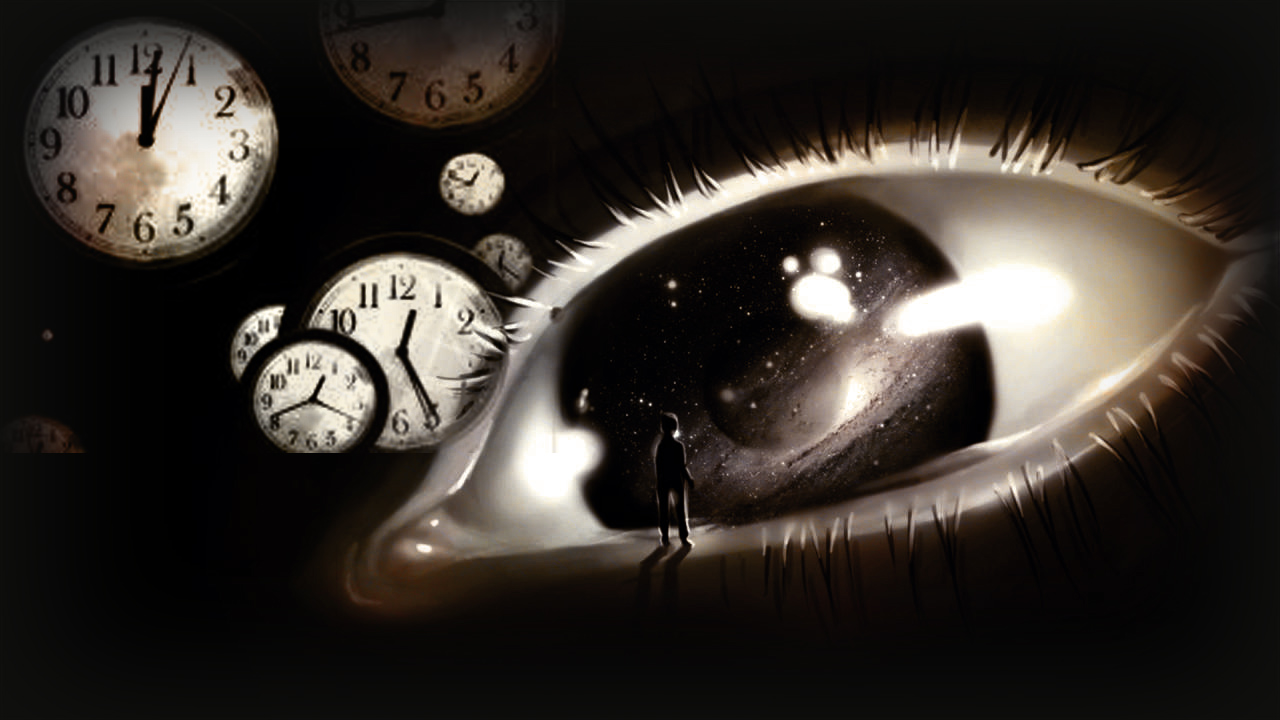
Psychologist Arthur Funkhouser writes 5, ". Children of Déjà vuĭéjà vu is a broad term that is parent to a variety of phenomena such as déjà entendu "already heard" and "déjà lu" already read. Reincarnation, forgotten memories, out of body experiences (astral projection), and even epilepsy have all been considered as possible causes of déjà vu.Īlthough many theories evolved about the origination or cause of déjà vu, no theory has been successfully proven due, in part, to the enigmatic nature and the many faces of the phenomenon. In his book Memories, Dreams, Reflections (60), he described the feeling as "recognition of immemorially known." During his first trip to Africa, on looking out the window of his train, Jung felt as if he was returning to a home that had been his five thousand years earlier. Jung's theory possibly arises from his own déjà vu experience. The noted psychiatrist Carl Jung (1875-1961) speculated that déjà vu is the product of "collective consciousness" 4, drawing on the fragments of the body of human experience that survive from generation to generation, yet never breaching conscious memory. In 1945 one scholar, British psychologist Oliver Zangwill wrote a lengthy essay about Hawthorne's experience at Stanton Harcourt, concluding that the kitchen experience arose from an intimate fixation on his mother, although Hawthorne, himself attributed the uncanny experience to his remembrance of "a letter of Pope's, addressed to the Duke of Buckingham, there is an account of Stanton Harcourt (as I now find, although the name is not mentioned), where he resided while translating a part of the 'Iliad'."

With the advent of Freudian psychology many scholars accepted the belief that déjà vu was only a defense mechanism the ego used to defend itself from the id and superego 3. In an 1896 essay, Arthur Allin, a psychology professor at the University of Colorado, Boulder, put forth several theories on the cause of déjà vu, among them he suggested that the sensation might be caused by elements of forgotten dreams or by a brief interruption of attention when encountering a new image. In 1895, Frederic Myers postulated that déjà vu occurred when the subconscious mind registered information in advance of the conscious mind. when the brain centers are over-rested, the apperception of a strange scene may be so easy that the aspect of the scene will be familiar."Īs early as 1884, some psychologists believed déjà vu was caused by "double cerebration" or that one hemisphere of the brain received information a moment before the other hemisphere. He wrote, "When we see a strange object, its unfamiliar aspect is largely due to the difficulty we find in apperceiving its characteristics. Burnham proposed the exact opposite 3 that déjà vu occurs when the body is "over" rested. Eleven year later, in 1889, psychologist William H. In 1878, an article in a German psychology magazine proposed that a possible cause of the phenomenon is fatigue. Over time, many notable scholars have theorized about the possible causes and origins of déjà vu.

Arnaud is credited with introducing the name to science in 1896. Boirac called the experience "le sensation of déjà vu" 2 F.L. In an 1876 letter to the editor of Review Philosophique, Émile L. Frederic Myers (1843-1901), a founder of and ardent voice for the Society for Psychical Research, called the experience promnesia (from the Greek pro, “prior to,” + mnesis, “memory”).

Findings are discussed with reference to the progress that has been made in déjà vu research in recent years, with a view to fast-tracking our understanding of jamais vu.įamiliarity metacognition semantic satiation word alienation.As difficult as déjà vu is to explain or define, it is commonly understood is that there is no English term that succinctly describes the experience. However, in daily life, those people who had déjà vu more frequently also had jamais vu more frequently. Although we replicated known patterns of correlations with déjà vu (age and dissociative experiences), the same pattern was not found for our experimental analogue of jamais vu, suggesting some differences between the two phenomena. This experimentally induced phenomenon was related to real-world experiences of unfamiliarity. We describe these experiences as jamais vu. Participants reported feeling peculiar after about thirty repetitions, or one minute. About two-thirds of all participants (in about one-third of all trials) reported strange subjective experiences during the task.

Participants repeatedly copied words until they felt "peculiar", had completed the task, or had another reason to stop. We sought to document that the subjective experience of jamais vu can be produced in word alienation tasks, hypothesising that déjà vu and jamais vu are similar experiential memory phenomena. finding subjectively unfamiliar something that we know to be familiar. Jamais vu is a phenomenon operationalised as the opposite of déjà vu, i.e.


 0 kommentar(er)
0 kommentar(er)
